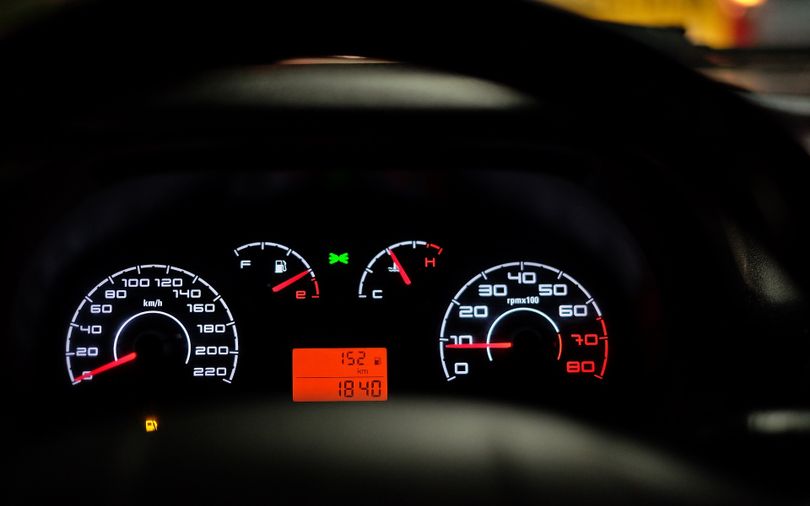
This company plans to mass produce 3D-printed electric cars by next year


An Italian automaker plans to start mass producing a 3D-printed electric vehicle in China that could hit the road by next year, according to a report in South China Morning Post.
X Electrical Vehicle (XEV) co-founder Guo Xiaozheng said that the vehicle - called LSEV - is expected to cost around $9,500 (Rs 6.16 lakh) and has a top speed of 70kmph. The two-seater is smaller than a conventional hatchback.
Xiaozheng said that most of the car's parts are 3D-printed barring the windows, tyres and chassis.

According to the report, the electric vehicle is mainly made of polyamide or nylon and XEV has partnered with Shanghai-based new material developer to make the compound for the car more flexible but stable.
The Italian automaker said that LSEV will be the world's first mass-produced 3D-printed car. It claimed to have received 7,000 orders from different companies including postal service organisations.
The firm is currently in advanced talks with several mainland industrial zones to produce the vehicles.

Xiaozheng said that production costs can be slashed further once more cars are produced, with the possibility of the total costs being cut by half by 2024.
XEV's co-founder was quoted as saying that China plans to introduce new rules for low-speed electric vehicles later this year, after which it is likely to begin distributing manufacturing licences for such cars.
A production line with 3D-printing abilities can churn out up to 500 cars a year, he added.

Other automakers have also turned to 3D printing in the recent past.
German luxury automaker Porsche has sought to combat a shortage of parts for its classic cars through 3D printing.
The company's Porsche Classic division, which exclusively handles classic cars, is using 3D printers to make steel and plastic parts. It is resorting to an additive manufacturing (AM) process that can make parts of the same size and specifications that were originally produced by the company.

Separately, French carmaker Bugatti is trying to leverage 3D printing technology to refine the quality of auto parts.
The carmaker recently said it has 3D-printed a new brake caliper made of a titanium alloy for its hypercar Chiron. The alloy, called Ti6AI4V, has mostly been employed by aviation companies to make wing components as well as jet and rocket engines.
